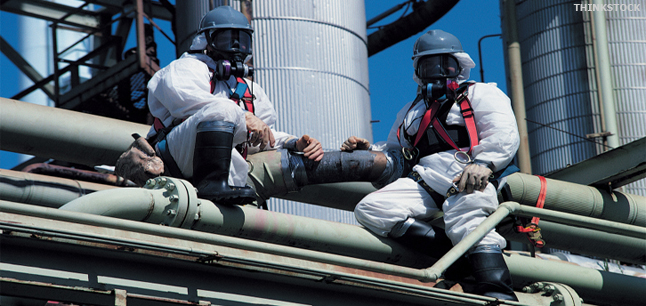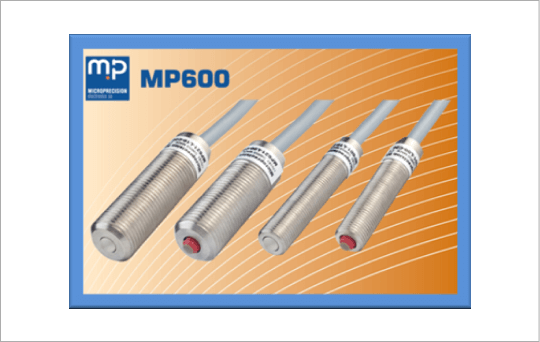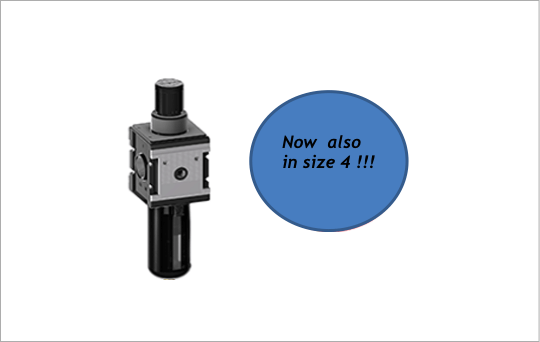Thermal insulation materials are used to provide insulation against heat and cold. Typically, these are prefabricated panels made of fiber-cement boards or mineral wool. The main advantage of mineral wool is its excellent insulation properties and superior fire resistance. It is also recyclable, made from recycled iron and steel or actual mineral rock. It is noncombustible and offers several benefits. To use it in your building, laminate it with a bitumen membrane.
The thermal conductivity determines how easily heat will transfer between it and any nearby objects. Materials with high thermal conductivity are often used for this purpose. Silicon carbide, for example, has a nominal conductivity of 170 W/m-K, making it the most common material used in high-temperature industrial furnaces and ovens. It also resists moisture to be used in the construction of buildings.
Another essential quality of insulation materials is their resistance to water and solvents. Choosing an appropriate material is necessary because it should not lose its insulating efficiency quickly. It should also allow for a wide range of adhesives to be used. It should be lightweight, easy to handle, and cost-efficient. It should not produce odors or attract vermin. Further, it should be dimensionally stable. You can also choose a material based on the characteristics of its thermal conductivity.
There are many reasons for using plastic as thermal insulation. This material is durable and fireproof, and its properties make it an excellent choice for a variety of applications. Regardless of your purpose, you should choose a fabric with qualities that meet your needs. Listed below are a few things to consider when selecting a material. They are light in weight, easy to handle, economical, and don’t emit odors or attract vermin.
Black elastomeric rubber is available in pipe and sheet form. It is a very effective material for thermal insulation, and it also protects against high temperatures. This type of insulation is easy to install and is highly durable, and its properties make it an excellent choice for a wide range of applications. It’s also impermeable, making it ideal for use in climate-controlled environments. Finally, it’s also a good choice for piping systems because it reticulates at temperatures up to 60degC.
Plastic is a good insulator, and the more insulation you have, the better. The R-value of your material will determine how well it will protect against heat transfer. The higher the R-value, the more effective it will reduce temperature. In addition, the thickness of the material will determine how well it insulates. The thickness of your fabric will affect its R-value, and the greater the thickness, the better.



